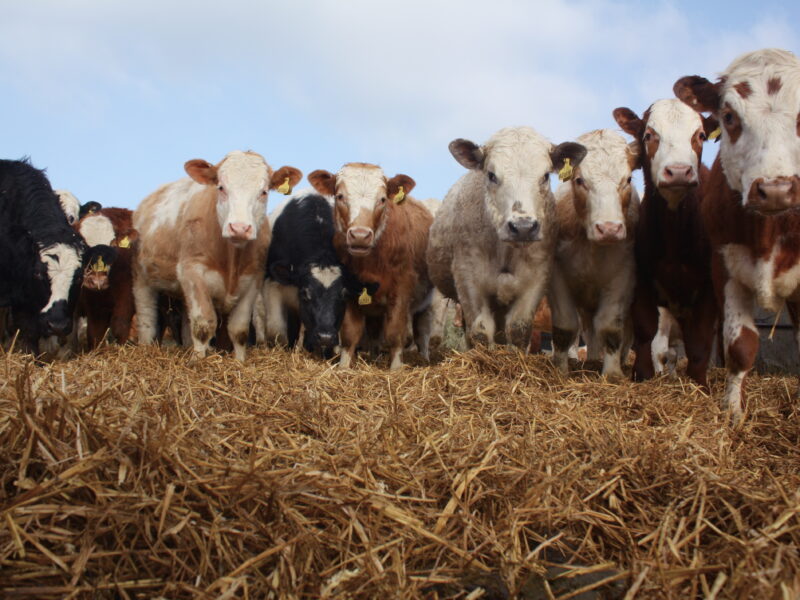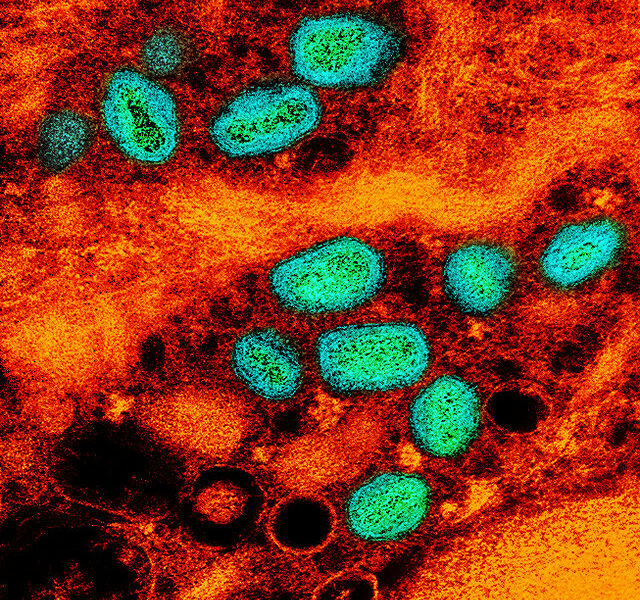At least five people have died since 29 February 2016 due to a new flare up of Ebola virus disease (EVD) in Guinea [1]. The first two confirmed cases of the virus were detected in the village of Korokpara and involved a mother and her five-year-old son. These are the first cases of Ebola in Guinea since the World Health Organization (WHO) declared the country free of the disease in December 2015. This declaration came two years after an outbreak that began in 2013 killed approximately 2,500 people in Guinea and over 11,000 in West Africa [2]. The WHO had warned that Guinea, as well as the neighboring countries of Liberia and Sierra Leone, are at risk for ongoing smaller outbreaks due to persistence of the virus in some previously infected individuals [3]. Guinea’s 90-day heightened surveillance period was set to end in late March [4].
Ebola virus disease is an often-fatal illness caused by a virus in the Filoviridae family. The first symptoms of the disease can appear 2-21 days after exposure and typically include fatigue, fever, and muscle pain. This is followed by more severe symptoms including vomiting, diarrhea, and, in some cases, internal bleeding and multi-organ failure. The virus is transmitted to human populations through close contact with the bodily secretions of infected animal hosts, such as fruit bats, chimpanzees, gorillas, and forest antelopes [5]. This typically happens during the hunting and butchering processes involved with food preparation of “bushmeat” [6]. The virus is also capable of spreading from person-to-person through contact with infected bodily fluids. Many healthcare workers have been infected with Ebola while treating EVD patients, and transmission can occur during burial ceremonies as bodies remain highly infectious even after death [5].
The first outbreak of Ebola occurred in 1976 in Zaire–now the Democratic Republic of the Congo– where 318 people were infected and 280 (88%) died. Several smaller outbreaks have occurred since then, mostly in Central Africa [7]. High case fatality rates are common during these outbreaks, ranging from 25% to 90% with an average of about 50% [5]. In March 2014, an outbreak of febrile illness in Guinea that had already killed 59 people was confirmed to be caused by EVD. Further investigation reveled that the first case was a two-year-old child in Guéckédou, Guinea in December 2013. The outbreak spread to Liberia and Sierra Leone and caused mass illness and death in these countries, with additional cases reported in Senegal and Nigeria as well as the United States and Europe [8]. Countries most impacted by EVD have fairly weak health infrastructure, making it difficult for governments to keep the spread of the disease under control. This also contributed to the inability to deliver proper care and isolation for infected individuals. As of 20 March 2016, an estimated 28,644 people have been infected worldwide during this outbreak and 11,320 people have died, making it significantly larger than all previous outbreaks combined [9].
Even though it was declared to be over in December 2015, it is clear that the 2014 outbreak of Ebola continues to impact the most heavily affected countries of Guinea, Sierra Leone, and Liberia. Initial tests performed on the new cases in Guinea suggest that they are part of a previously known transmission chain of the virus. This reveals that the flare up resulted from contact with survivors from the 2014 outbreak in whom the virus had persisted, and it is not believed that the current flare-up was caused by a new introduction of the virus from an animal [10]. A similar flare-up occurred in January 2016 in Sierra Leone, which had been previously declared free of Ebola in November 2015. After 42 disease-free days (two incubation periods) this outbreak was declared over by the WHO on 17 March, the same day that the first case was confirmed in Guinea [11].
Several measures have been taken so far in an attempt to contain the outbreak. The WHO deployed surveillance experts and contact tracers to Guinea on 18 March 2016 after the confirmation of two additional cases and reported that additional personnel would be sent in the coming weeks [4]. So far, the Guinean government has quarantined 816 people because of potential contact with the infected individuals. They will be kept in their homes during the 21-day incubation period of the virus and will be released if they are not exhibiting symptoms after this time [12]. Over 100 of these individuals are considered high-risk for developing the virus [10]. Additionally, Liberia has closed its border with Guinea in response to the outbreak [13]. If the reaction to this current flare-up in Guinea is as swift and effective as it was to the outbreak in Sierra Leone in January, it is likely that this outbreak will be successfully contained. This will require maintaining vigilant surveillance as well as practicing hygiene both at home and in healthcare facilities to prevent transmission of the virus [11].
—
Sources
2. http://news.sky.com/story/1662070/two-cases-of-ebola-confirmed-in-guinea
3. http://www.the-scientist.com/?articles.view/articleNo/45630/title/WHO–Ebola-Confirmed-in-Guinea/
4. http://mynews4.com/news/health/who-sends-specialists-in-response-to-guinea-ebola-flare-up
5. http://www.who.int/mediacentre/factsheets/fs103/en/
6. http://www.cdc.gov/vhf/ebola/pdf/bushmeat-and-ebola.pdf
7. http://www.cdc.gov/vhf/ebola/outbreaks/history/chronology.html
8. http://www.theguardian.com/world/2014/oct/15/ebola-epidemic-2014-timeline
9. http://www.cdc.gov/vhf/ebola/outbreaks/2014-west-africa/case-counts.html
11. http://www.who.int/mediacentre/news/statements/2016/end-flare-ebola-sierra-leone/en/
12. http://www.newsweek.com/ebola-guinea-quarantine-816-people-latest-flare-439376
13. http://www.theguardian.com/world/2016/mar/23/ebola-deaths-in-guinea-prompt-liberia-to-close-border

